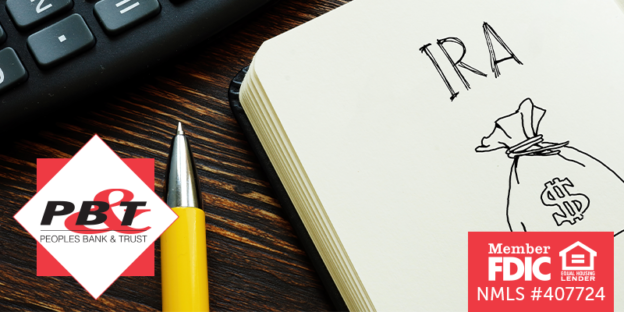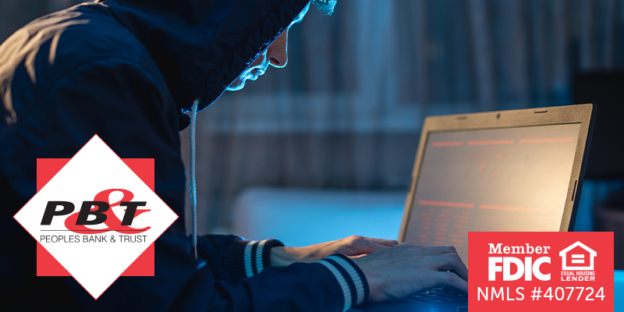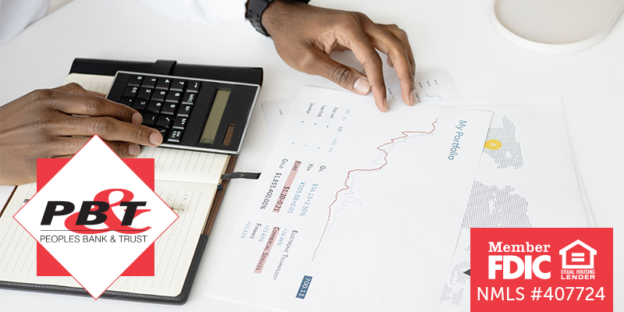Spring is here and that means we’ve got some spring cleaning to do! This year, you’ll want to be sure to add ‘budget’ to your to-do list. Spend some time doing a deep dive into your finances and budget plan to boost determination for the rest of the year. Give yourself a budget refresh with these 4 tips.
1. Review and Refresh
Reviewing and refreshing your budget is something that should be done periodically. Life changes, there are new expenses, or in general, new goals that need adjusting. It is ok to change your budget if it accurately reflects where you currently are in life, and it aligns with your savings goal. Whether you have moved, made a big purchase or have room to allocate more to your savings, be sure your budget is refreshed to reflect new changes.
2. Rebuild Your Savings
There is always a time of rebuilding – whether it is after purchasing a new home or welcoming a new member into your family, think about what needs to be adjusted to rebuild your savings. Another thing to keep in mind is your emergency fund. As you rebuild your savings for new financial goals, be sure to plan for the unplanned. Delegate a percentage of your income or side hustle to build strong savings for the future and unforeseen circumstances.
3. Track Your Spending
Do you track your spending? Tracking your day-to-day spending is a great way to address any trends that may need to be reviewed in your budget plan. Tracking your purchases gives you the opportunity to see where you are at within your budget day-to-day or weekly to ensure you’re on track. Make it a point to schedule a monthly budget meeting with yourself. It is important to look ahead and try to forecast month-specific expenses coming up.
4. Align Your Money Goals
Lastly, be sure to give yourself credit for reaching weekly and monthly goals. It won’t always be perfect – overspending happens and life constantly changes, but you can always give yourself grace and have the self-awareness to address concerns. Be realistic with your lifestyle to align your progress in the right direction. Treating yourself occasionally is a great incentive to drive determination for long-term success.
As you spring clean your budget to perfection, do not hesitate to reach out to Peoples Bank & Trust to set up a savings account or to discuss how we could assist you in reaching your financial goals today! In a world full of unknowns, you have the power to be self-aware of your budget and how you can adequately save for success.
Peoples Bank & Trust Co.
Member FDIC
Equal Housing Lender











